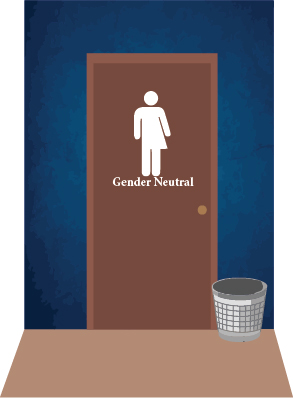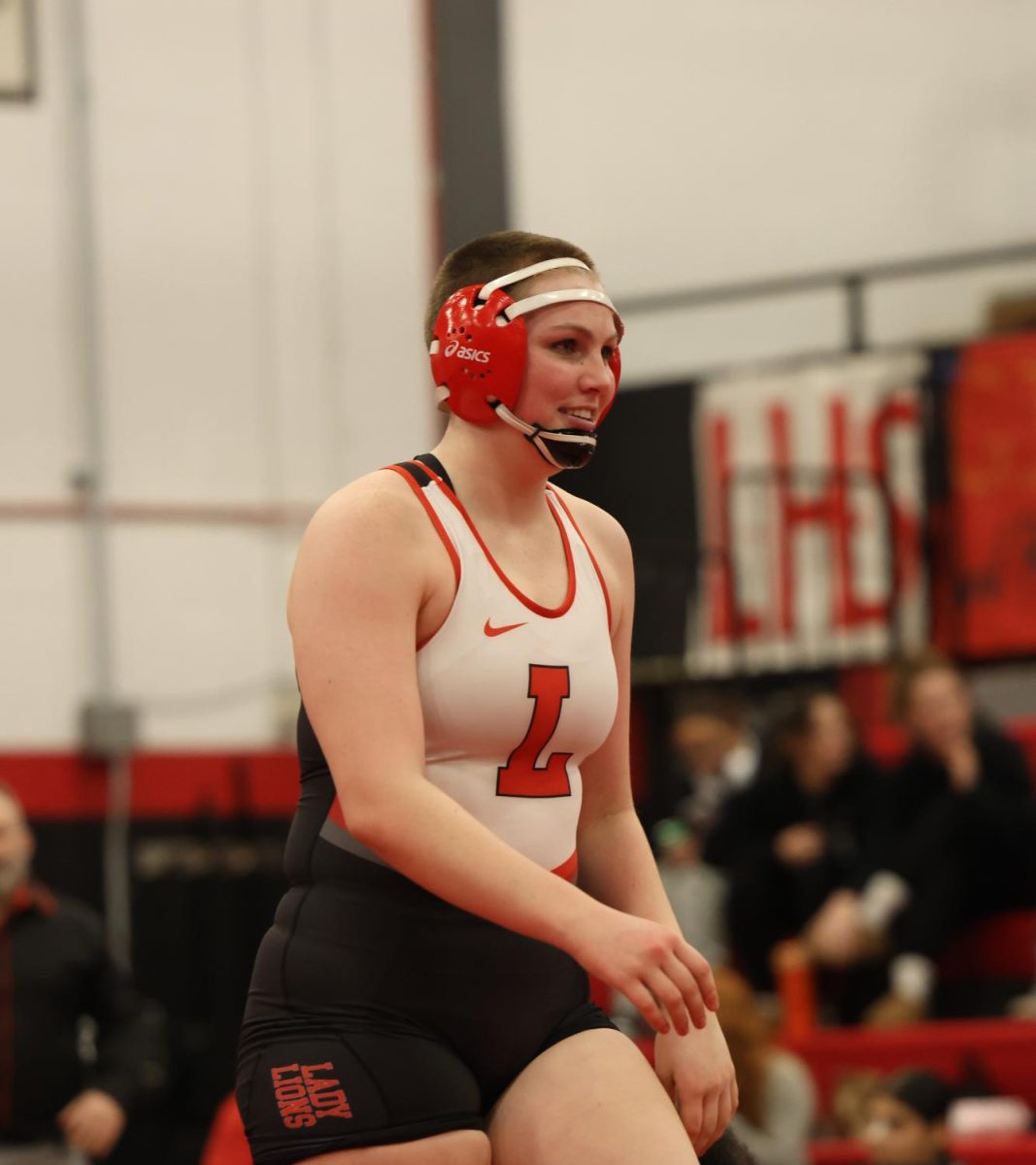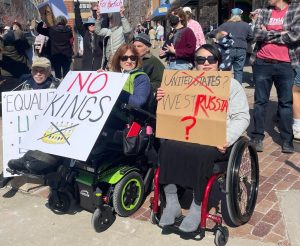Laws discriminate against LGBT people
Transphobic legislation unfairly targets trans people in a space that shouldn’t be disputed
April 28, 2016
In the past few weeks, a noticeable handful of state legislatures have brought forward anti-LGBT bills, specifically targeting transgender people.
For example, North Carolina’s anti-transgender bill states that if a trans person doesn’t use the bathroom matching their biological sex, they can be fined more than $1,000.
There’s already been a huge uproar about these laws across the country, and the North Carolina Attorney General has said he won’t defend the law in court.
However, both bills are part of an extremely large issue that’s been slow to be recognized. Gender is a social construct deeply embedded into everyday life, influencing everything from colors to politics.
The fight for equal rights for transgender people has seen few results. We have had more recognition, with actress Laverne Cox and reality star Caitlyn Jenner. Still, these new bills have passed in state legislatures around the country.
Female to male, or vice versa, trans people face an extreme struggle from the beginning. People use the wrong pronouns or name, and it’s a common misconception that something “made them trans.”
It’s even harder to be accepted as another type of trans: non-binary, or neither male nor female. People don’t tend to understand that gender is a spectrum and some people just don’t feel like a boy or girl. When telling someone your pronouns are they/them, they usually laugh or say, “That’s grammatically incorrect.” On one memorable occasion, I was referred to as “it.”
Coming out is an important step in a society that’s extremely heteronormative and cisnormative. Yet for a lot of nonbinary people it’s usually ignored. People often don’t believe there are actually more than two genders and “they” pronouns can be singular. On a positive note, it’s become a lot more recognized in the past decade, but there is definitely more work to be done.
The belief of gender and sex being interchangeable needs to be erased. They are two completely different things — gender being what you feel is right and sex being what’s between your legs. People might say, “Duh, we know that,” but then why are bathrooms assigned by gender? If we’re going to keep using gender to indicate what bathroom you use, then we should include non-binary genders by building gender neutral restrooms.
In the past decade, multiple colleges, such as the University of Wisconsin-Milwaukee and the University of Vermont, have added gender-neutral restrooms on their campuses. They aren’t everywhere on these campuses. For the University of Wisconsin-Milwaukee, gender neutral restrooms are only placed in extensively renovated and newly-constructed buildings.
Even at KU, there aren’t gender neutral restrooms in every single building. There are only 17 on the 1,000-acre campus. Regardless, this is a huge step in the right direction of acceptance.
Beyond bathrooms, people have a tendency to assume the terms “woman” and “female” can be used interchangeably. Even when I was younger I didn’t understand the difference, but it’s huge.
Female is a biological term and woman is used for gender. Gender isn’t biological; it’s what you feel is right, which, yes, is extremely complicated. How do you know what feels right? How can you eloquently describe or label what you feel? This has led to an abundance of gender labels being introduced and lots of pronouns.
A lot of people are quick to dismiss the labels and pronouns because it’s “too complicated.” But it literally is as simple as someone remembering your name. Aren’t you a little hurt when someone forgets your name? Wouldn’t it be upsetting if they forgot it over and over again? And wouldn’t you feel hurt if someone didn’t even try because it’s supposedly too hard to pronounce or remember?
The erasure of non-binary people is an extremely harmful one. It leaves us feeling invalid, with a low sense of self-worth. The percent of trans people who attempt suicide is 41 percent, and in 2014 there were more than three cases of transgender teens who succeeded in committing suicide. Even in my family, neither of my parents use the right pronouns. I’m still called a girl; hundreds — if not thousands — of trans people deal with the same issue or worse.
The concept of gender is a deep-rooted issue that’s going to take years to undo. It’s difficult and there will always be people who believe there are only two genders and that you should stay the gender you were assigned. Yet we have to recognize that gender and sex are different, so hopefully the symbols on restroom signs won’t feature only a person in a dress or pants.














